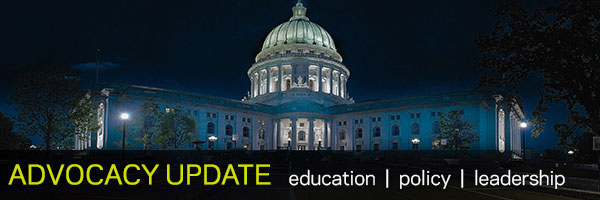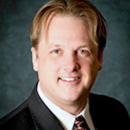The Big News

A nationwide ban on many flavored e-cigarette products is now in effect. The ban covers a number of kid-friendly flavorings, such as mint and fruit, though menthol and tobacco flavorings remain legal. The ban also only applies to specific types of devices: cartridge or pre-filled pod devices, like the ones made popular by Juul. All other devices remain on the market—including disposable varieties.
The ban is meant to curb e-cigarette use among children who have been attracted to cartridge vapes due to their flavors, cheap price and concealing features.
A day before the ban took place, Congress held a hearing with e-cigarette executives—another public reckoning with nicotine's threat to kids. A House oversight panel also released a memo of 60 responses from Juul about their marketing practices.
Unfortunately, vaping may be a health crisis that has only just begun—especially now that it has become a popular way of consuming marijuana concentrates, or dabs.
A joint today is roughly 25% THC—the chemical in marijuana that gets you high—and 3 to 5 times higher than the joints of the previous generation. A “dab,” increasingly popular with young Americans, can be up to 90% THC. But most Americans still aren’t familiar with dabs or dab pens, which are now exploding, especially among kids from wealthier areas who can afford them. The significant health risks associated with dabs need to be more widely known. It’s a good time to revisit our Emerging Drug Trends report on the topic. Learn even more in this new report by Axios.
The reality is that marijuana use is getting riskier while public perceptions of risk are going down—a bad combination. A new study in The American Journal of Health Promotion suggests that cannabis users’ beliefs about the drug’s risks and benefits are often out-of-step with scientific evidence.
Emory University and Hazelden Betty Ford have signed a letter of intent to create the Addiction Alliance of Georgia, a unique collaboration aimed at reducing addiction rates, improving recovery rates and saving lives throughout the state. A meeting last week with 175 community leaders in Atlanta kicked off efforts to secure philanthropic support to help advance the partnership. Stay tuned for more soon on this exciting collaboration!
It’s Children of Addiction Awareness Week. Our colleague Jerry Moe, national director of Hazelden Betty Ford Children’s Programs, will be the featured expert on an NPR-facilitated Reddit AMA (Ask Me Anything) this Thursday at 2pm Eastern time. The topic: helping a child whose parent is struggling with addiction. Our Children’s
Program also is hosting a public art show Feb. 13 in Denver featuring the perspective of kids and teens impacted by a loved one's addiction. It promises to be powerful.
The White House released a new tool to help rural community leaders build an effective local response to the addiction crisis.
We like Oregon House Bill 4031, which would scrub all instances of “addict,” “substance abuser” “alcoholic” and other language that triggers implicit negative biases/stigma from hundreds of pages of Oregon law. If passed, Oregon will only use person-first language—e.g. “a person with addiction” or “people with substance use disorders”—for official business.
After Kansas City Chiefs Coach Andy Reid had hoisted the Lombardi Trophy and taken part in the obligatory Super Bowl postgame ceremony, his family gathered together on the confetti-covered field at Hard Rock Stadium to “cry and feel the spirit” of Garret Reid—who was lost to overdose in 2012—“looking down on us.”
This week’s featured media is the latest in our award-winning podcast series, with host William C. Moyers talking to three participants in our 2019 Summer Institute for Medical Students (see photos above and at bottom). Hear directly from them about the amazing stigma-smashing impact of learning alongside patients and caregivers, and see how the immersive experience informs their outlook as future physicians. It’s inspiring! Watch, listen or read.
We’re also big fans of the Mom Enough podcast. Today, it features a new episode with our colleague Helene Photias on parental addiction and how parents and their children can heal together.
Share: Tweet | Facebook | LinkedIn
|












